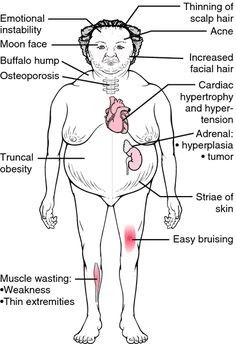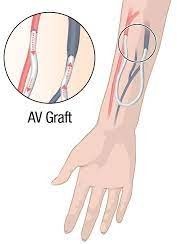Which assessment information is most important for the nurse to obtain when evaluating whether treatment of a patient with anaphylactic reaction has been effective?
Blood Pressure
Oxygen Saturation.
Heart Rate.
Orientation.
The Correct Answer is A
Anaphylaxis is a severe and potentially life-threatening allergic reaction that can lead to a rapid drop in blood pressure, known as hypotension. This drop in blood pressure is a critical indicator of the severity of the reaction and the effectiveness of the treatment provided. The nurse needs to monitor the patient's blood pressure closely to ensure it stabilizes and returns to a safe range.
While oxygen saturation, heart rate, and orientation are also important parameters to assess, they are secondary to blood pressure in evaluating the effectiveness of treatment for anaphylaxis. Oxygen saturation can help determine the adequacy of oxygenation, heart rate can indicate the presence of tachycardia (which may be a sign of an ongoing reaction or hypoperfusion), and orientation can provide information about the patient's mental status and potential complications.
Nursing Test Bank
Naxlex Comprehensive Predictor Exams
Related Questions
Correct Answer is B
Explanation
Prednisone is a corticosteroid medication that can cause a range of side effects, including fluid retention, electrolyte imbalance, and increased blood pressure. A blood pressure reading of 148/94 mm Hg indicates hypertension, which may be related to the use of prednisone. It is essential to report this finding to the health care provider as it may require further evaluation and management, such as adjusting the medication dosage or initiating additional treatments to control blood pressure. The other information provided, such as stopping the medication, ankle edema, and not taking prescribed vitamin D, is relevant but does not pose an immediate threat to the patient's health compared to uncontrolled hypertension.

Correct Answer is D
Explanation
Pain and coldness in the fingers following AVG placement can indicate impaired blood flow or compromised circulation to the hand. This may be due to complications such as thrombosis (clot formation), graft malfunction, or decreased arterial perfusion. These symptoms should be taken seriously and promptly communicated to the healthcare provider.
The healthcare provider needs to evaluate the patient's symptoms, assess the AVG, and determine the appropriate course of action. Prompt intervention can help prevent further complications and ensure adequate blood flow to the fingers.

Whether you are a student looking to ace your exams or a practicing nurse seeking to enhance your expertise , our nursing education contents will empower you with the confidence and competence to make a difference in the lives of patients and become a respected leader in the healthcare field.
Visit Naxlex, invest in your future and unlock endless possibilities with our unparalleled nursing education contents today
Report Wrong Answer on the Current Question
Do you disagree with the answer? If yes, what is your expected answer? Explain.
Kindly be descriptive with the issue you are facing.
